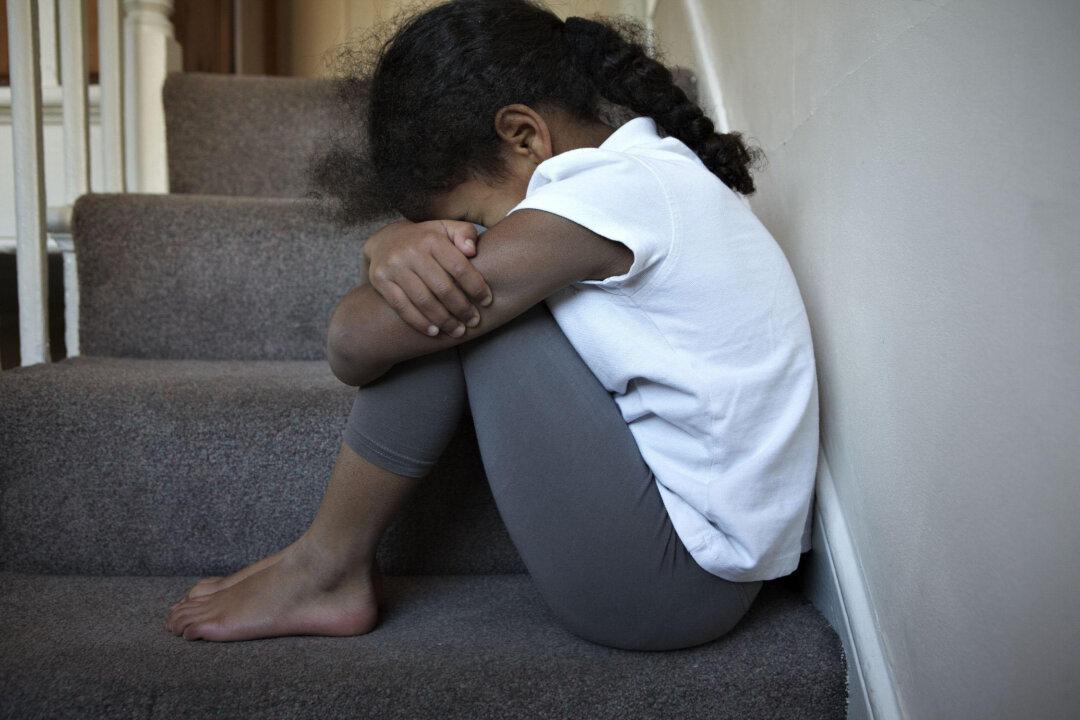A total of 440 children have died in care over the last 10 years, government figures show.
Of those, 390 were housed in regulated accommodation such as foster or children’s homes, while 50 were in unregulated housing, including bedsits or hostels.

A total of 440 children have died in care over the last 10 years, government figures show.
Of those, 390 were housed in regulated accommodation such as foster or children’s homes, while 50 were in unregulated housing, including bedsits or hostels.